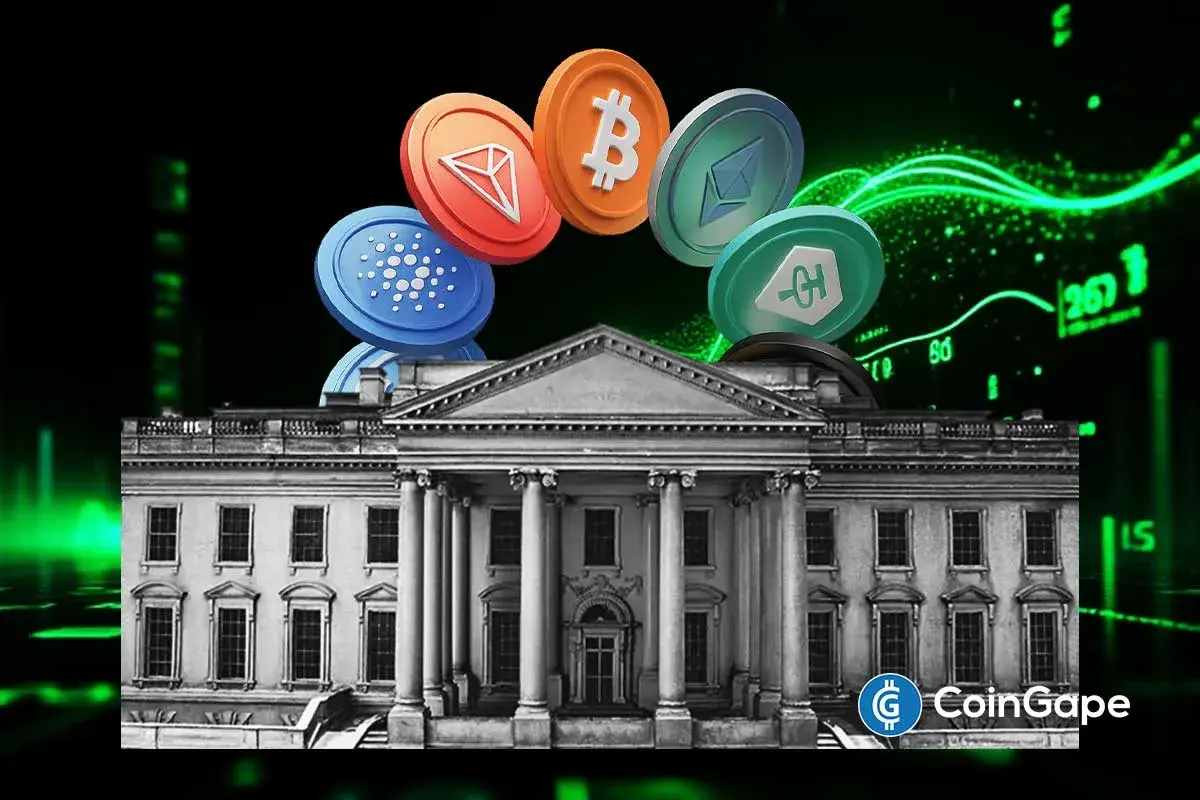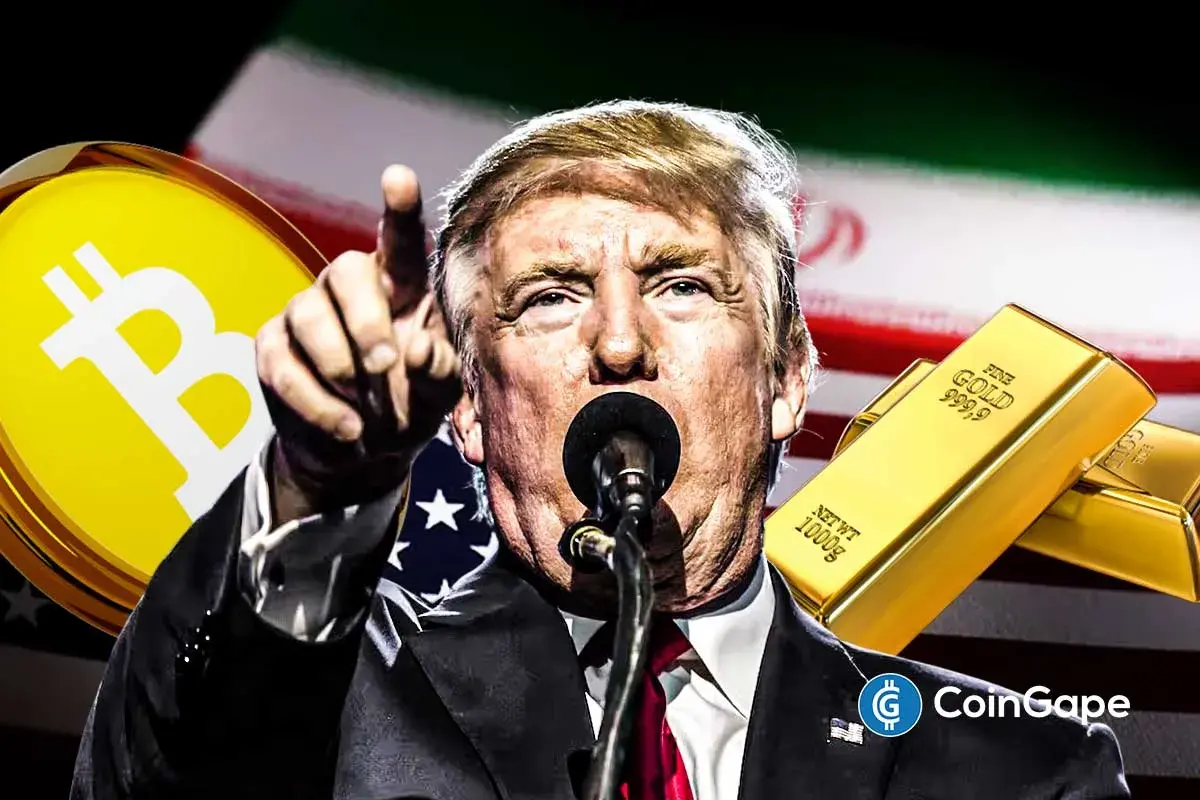Mexican Cartels Use Bitcoin and Ethereum for Fentanyl Trade

Highlights
- Mexican cartels increasingly use cryptocurrencies like Bitcoin and Ethereum to buy fentanyl production materials from China anonymously.
- Cryptocurrencies help mask the identities of those involved, evading traditional financial monitoring and detection across borders.
- Digital payments typically reach Chinese suppliers' wallets managed by crypto firms, complicating the tracking of these transactions.
The U.S. Treasury Department’s Financial Crimes Enforcement Network (FinCEN) disclosed that Mexican criminal organizations are increasingly using cryptocurrencies like Bitcoin (BTC) and Ethereum (ETH) to purchase fentanyl production materials from China. This evolving method of transaction is complicating efforts to track and curb the flow of this deadly drug into the United States.
Mexican Cartels Turn to Crypto for Fentanyl
The advisory highlighted a concerning trend among Mexican cartels, which now prefer digital currencies for their transactions. This preference facilitates the anonymous purchase of precursor chemicals and equipment necessary for fentanyl manufacture from suppliers based in China. Cryptocurrencies such as Bitcoin, Ethereum, Monero, and Tether are favored for masking the parties’ identities and sidestepping traditional financial monitoring systems. As digital transactions can easily cross international borders without detection, this method has become increasingly attractive to cartels looking to maintain a low profile.
Moreover, the advisory points out that these payments often end up in the digital wallets of Chinese suppliers managed by cryptocurrency firms. Sometimes, secondary money transmitters are used, adding another layer of complexity to the financial trails. This process challenges the tracking of illicit funds and signifies the merging of cutting-edge financial technology with international drug trafficking operations.
Fentanyl Crisis Triggers U.S. Crypto Surveillance
The use of cryptocurrencies in drug trafficking presents significant challenges for U.S. regulatory bodies. The FinCEN notice serves as a crucial alert for U.S. financial institutions about criminal networks’ sophisticated strategies. It calls for heightened vigilance and cooperation among banks, digital payment platforms, and regulatory agencies to detect and disrupt these illicit financial flows.
In response to these challenges, U.S. authorities have intensified their scrutiny of crypto transactions associated with drug trafficking. Notable efforts include the October charges against eight China-linked companies by the U.S. Department of Justice, accused of distributing illegal drug production materials. These actions underline the ongoing commitment of U.S. agencies to combat the misuse of digital currencies in criminal enterprises.
The stakes of interrupting the fentanyl trade are incredibly high. Fentanyl, known for being 100 times more potent than morphine, has become the leading cause of death among Americans aged 18-45. The DEA emphasizes the severe public health crisis posed by fentanyl overdoses, with the drug’s raw materials predominantly sourced from China before being processed and distributed in the U.S.
Also Read: DOJ Charges Brothers in $25M Ethereum Blockchain Heist
Play 10,000+ Casino Games at BC Game with Ease
- Instant Deposits And Withdrawals
- Crypto Casino And Sports Betting
- Exclusive Bonuses And Rewards

- ChangeNOW Is Settling Crypto Swaps in Under a Minute.
- $3B Western Union Expands Into Crypto With USDPT Stablecoin Launch on Solana
- XRP News: Key Ripple Whale Indicator Turns Bullish After Months, Price Rally Ahead?
- Crypto Market Today: BTC, ETH, XRP, SOL, and DOGE Rally as Geopolitical Tensions Ease
- Crypto Market Bill Hits New Deadlock as Banks Reject White House Deal
- Pi Network Price As BTC Rallies Above $74K: Can PI Coin Extend Gains to $0.30?
- XRP Price As Bitcoin Reclaims $74K- Is $5 Next?
- Dogecoin Price Outlook as BTC Recovers Above $73,000
- XRP Price Prediction as Iran-U.S. Peace Talks Trigger a Crypto Rally
- COIN Stock Analysis as Bitcoin Retests $72k Ahead of February NFP Data
- Robinhood Stock Price Prediction As Cathie Wood Buys $12M Dip in Bold ARK Move


 Buy $GGs
Buy $GGs

















